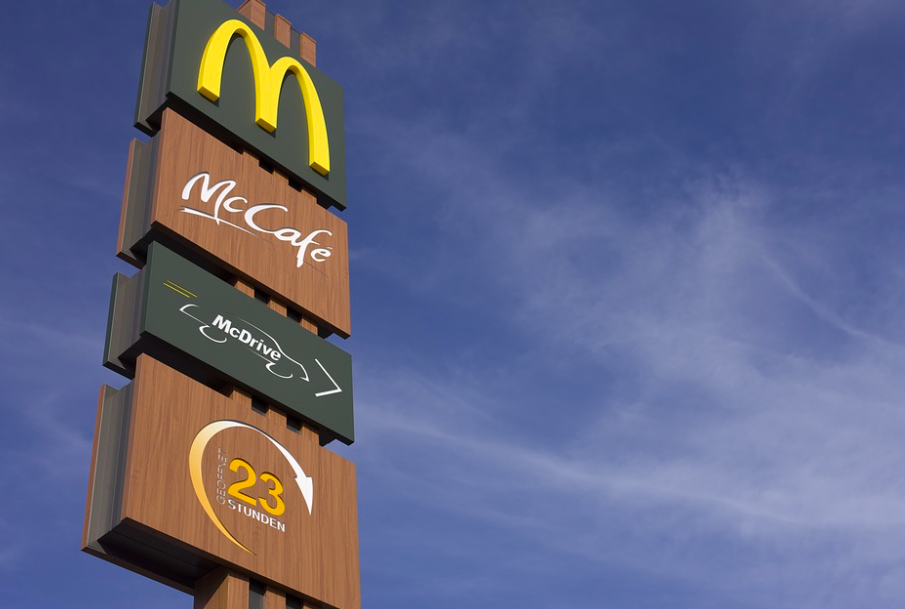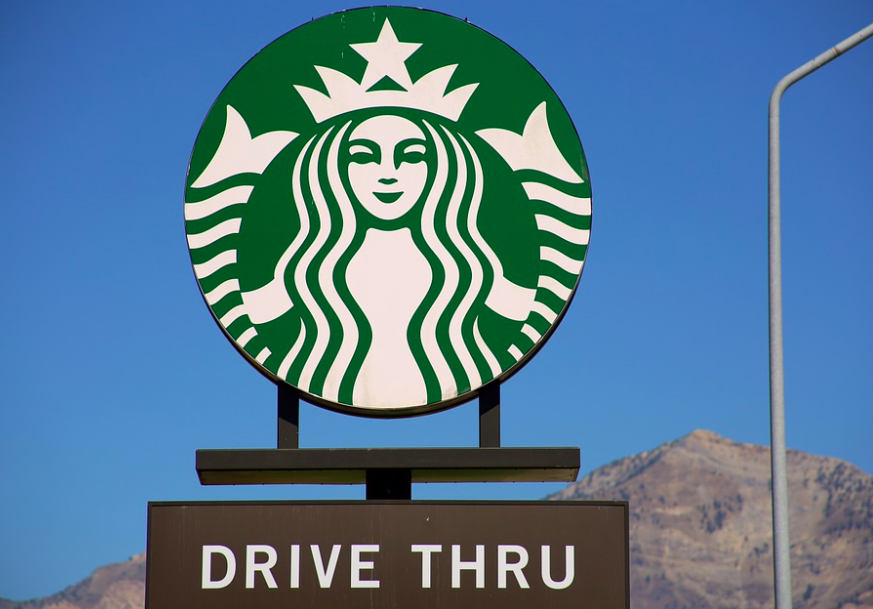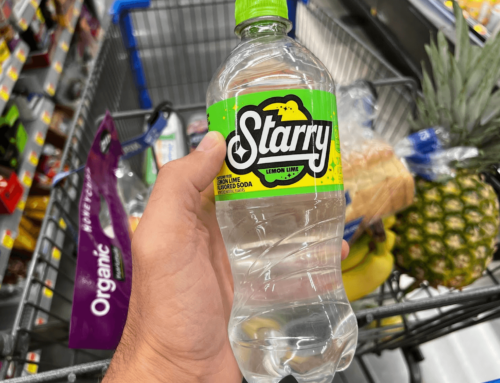Canada loves their fast food chains. Fast food is a $27 billion industry that employs nearly one million people or about 2.7% of the total population of Canada.
Canadians are particularly loyal to the local chain Tim Hortons. The company was founded when National Hockey League legend Tim Horton opened his first store in Hamilton, Ontario more than half a century ago.
If you’ve never been, Tim Hortons is a little bit like a Starbucks meets fast-food joint. Many of our neighbors to the North visit the store for their daily coffee fix.
Let’s take a look at some the key statistics driving Canadian fast food industry and find out how this part of the economy faired during the global pandemic. This market report is organized into three categories below.
Canadian Fast Food Industry Numbers
There are 31,577 fast food stores around the country. (IBISWorld)
Homegrown Tim Hortons is the largest and most popular fast food chain with 4,268 stores nationwide.
The Canadian fast food industry employs approximately 394,134 people. (IBISWorld)
Today, Tim Horton’s is the largest food chain in Canada with 4,268 chains across the country, followed by sandwich giant Subway in the 2nd spot with 3,148 stores.
However, more store locations doesn’t mean higher sales. According to reports, Starbucks and McDonald’s still generate more income than Subway in Canada.

The Golden Arches are a familiar sight in Canada as well.
Some Alarming Stats
More than 84% of restaurants in Canada supply unhealthy fast food items while 72% of these serve what are considered unhealthy beverages like soft drinks. This is in contrast to Canada’s healthier consumption trends over the past two decades. (Graphs.net)
84% of parents in a Canadian survey reported taking their child to a fast food restaurant at least once a week.
Reports presume that teens aged between 13 – 17 years intake 800 to 1200 calories by eating an average meal at a fast food place. Over 30% of these calories come from sugar and saturated fats.
Related Reading: 57 Critical Fast Food Industry Statistics and Trends
The Canadian province with the greatest number of fast food locations is Ontario with 5,766 stores. Sounds like a great place to visit!
Canadian fast food is a $27 billion industry. (IBISWorld)
The city with the most number of fast food chain locations in Canada is Toronto with 758 stores.
Canadian Fast Food Consumption Stats
Fast food consumption was determined to be preeminent among male teens (9.3% of daily caloric intake), and lowest among women aged 70 or older (1.9 % of daily caloric intake). (BC FoodWeb)
Fast food consumption was notably greater among respondents who reported lesser fruit and vegetable consumption, deficient dietary quality, binge drinking, not taking vitamin/mineral supplements (adults only), and persons with higher BMI. (JSTOR)
57% of consumers utilize nutrition information to conduct informed decisions, whenever available. (National Center for Biotechnology Center)
Fast food makes up about 6.3% of the daily energy intake for the average Canadian (1 in every 16 calories). (BC FoodWeb)
Research shows that 6.3%, or about 1 in every 16 calories consumed by Canadians, comes from fast food. (JSTOR)

Starbucks plans to add more drive-thru service locations over the next 18 months in Canada and other countries.
27% of Canadians are more inclined to visit a fast food restaurant that offers organic or environmentally friendly foods. (National Center for Biotechnology Center)
Even the youngest age group of boys (2-8 years) had approximately 8.8% of their daily caloric intake derived from fast food, which suggests that fast food consumption starts at an early age. (BC FoodWeb)
Recent studies show more than 50% of students in grades 5–8 and about 70% in grades 9–12 from Ontario, Quebec, and Prince Edward Island eat at a fast-food restaurant at least one time each week. (JSTOR)
There are roughly 10.3 fast food restaurants per 10,000 people in Canada. This report shows over 54% of Canadians dine out at least once each week. (National Center for Biotechnology Center)
Canadian Fast Food Industry Trends
Top Fast Food Franchise Businesses in Canada for 2020:
- Firehouse Subs, Franchise units: 1171
- A&W Food Services of Canada Inc., Franchise units: 974
- Arby’s Canada Inc, Franchise units: 3419
- MR.SUB, Franchise units: 267
- Panago Fresh Pizza, Franchise units: 192
In 2018, the average age of fast food restaurant managers is 44. (Government of Canada)
The primary target of fast food ads is the millennials and generation Y, who fall within the ages of 24-27 years. (Prezi)
From 2019 to 2028, new job openings (stemming from expansion demand and replacement demand) are expected to amount to 43,300 positions. (Government of Canada)
The fast food sector has shown an average annual growth rate of 3.4% in the past five years.
Effects of Covid-19 on the Industry
The foodservice industry generated more than $93 billion in sales in 2019 and was on track to exceed $100 billion in sales by 2021 (pre-pandemic figure). Due to the pandemic, however, the restaurant industry could stand to lose between $21.7 billion and $44.8 billion in yearly sales in 2020. (Restaurants Canada)
60% of customers said they had an interest in ordering delivery from a ghost kitchen. (Restaurants Canada)
At the crisis peak in April of this year, on-premise orders made up for a mere 4% of sales compared to more than 50% in 2019. Drive-thru sales increased significantly after lockdowns. (Restaurants Canada)
Related Reading: 57 Global Coffee Industry Statistics and Consumption Trends
The average retirement age for fast food restaurant managers in Canada was at 64. (Government of Canada)
Fast foods typically focus on adults who have a busy lifestyle and want to grab a quick bite on the run. (Prezi)
More fast food joints are offering healthy alternatives to their menu. This includes foods like apple slices, apple sauce, carrot sticks and juice. But according to reports, only 17% of fast-food menu items can be considered healthy. This means you can’t expect a wide variety of healthier eating options when dining at these establishments.
While national treasure Tim Horton’s started out as a coffee shop / fast food joint, the company has expanded its brand into retail sales as well. You can now purchase Tim Horton’s branded coffee beans across Canada and many parts of the United States.





